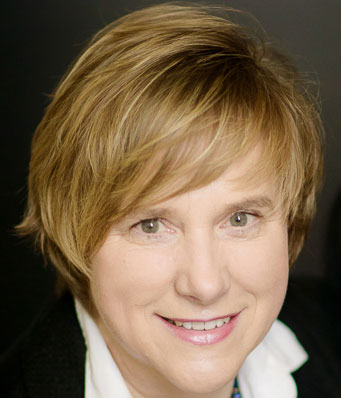 If you are going through separation or divorce, you may be somewhat bewildered by the various options that are available to you in today’s environment and wonder what route you should take.
If you are going through separation or divorce, you may be somewhat bewildered by the various options that are available to you in today’s environment and wonder what route you should take.
Divorce has come a long way during the 20th and 21st centuries and the law is now a bit of a melting pot of changes made during those years – although it is still generally based on 1857 Matrimonial Clauses Act which works on the basis that there has to be some ‘blame’ and one partner has to ‘divorce’ the other.
It wasn’t until 1923 that women could actually petition for divorce: before that time only men could do that – and only on the grounds of adultery. We’ve moved on since then, but we haven’t yet got to the ‘no fault’ divorce that many legal and other practitioners are calling for. Divorce has always been extremely adversarial until recently when solutions such as collaborative law and mediation have found their way to the UK from the USA – where both are still far more developed than they are in the UK.
The make-up of families has also changed enormously. More couples choose not to get married but live as a couple, second and third marriages are resulting in complex family issues and the recognition and rise of civil partnerships and same sex marriages. All have their own individual issues, but all can benefit from the help of a family mediator when they are trying to navigate their way through problems during stressful and difficult times such as separation and divorce.
Recent changes to family law mean that legal aid is no longer available for divorce cases, except when domestic violence is involved, and some solicitors have started to offer ‘fixed fee’ divorces so people know exactly how much their divorce will cost. This doesn’t work where a divorce is complex and it often won’t cover sorting out financial or children issues. Many people don’t realise this is additional work and is charged separately. So a “simple divorce” can be very costly.
The change to legal aid was followed by measures in 2014 to make it compulsory for families to attend a mediation information and assessment meeting (MIAM) before court proceedings can begin. Many people find that this helps them to identify a route to separation that is less stressful, less costly and much better for the wellbeing of everyone concerned. Courts expect people to attend a MIAM and expect a very good reason for this route not to be followed. Legal aid is still available for mediation where people qualify. Many solicitors support mediation, but there are still some who don’t recognise the value of a less confrontational process or the damage a court process can do.
Some parts of the media have portrayed the recent changes as a disaster for everyone; in particular concentrating on the rise of litigants in person. These are those people who are attending court without a solicitor. At Family Matters we have seen a 45% increase in referrals to mediation since the legal changes, and of these 42% reach full or partial agreement.
In recent years, the Government has acted to put children at the forefront when it comes to divorce and separation. During the last coalition government, it was announced at the Voice of the Child conference that it will become “normal practice that, from the age of 10, children and young people in public or private law family proceedings before the courts will, by an appropriate means, be able to express their feelings and wishes to make clear their views as to what is the best resolution of the family dispute in their interest”. Mediation offers the ideal route for this to be achieved with opportunities for children to be able to put their views forward to a specially trained consultant in a neutral environment.
For same sex couples who marry or enter into a civil partnership, they can only be ended legally with a divorce or dissolution of civil partnership, which can be even more stressful as the process is new to the law and legal professionals. Mediation works because it is a good medium in which same sex couples can deal with the difficulties in ending their relationships relating to children, finances or other issues.

Juliette Dalrymple
Juliette Dalrymple, director at Family Matters, says “The reality is that the recent changes are a mixed bag, with costs and benefits for everyone. Of course mediation isn’t the best, or only, solution for everyone, but it certainly ticks a lot of boxes for those who are looking for a better way to take their family through one of the most stressful times they are likely to experience. The Government supports mediation and is active in providing information about it and how it can help separating couples. It knows that keeping divorce out of the courts has to be better for many families, and courts across the world are moving towards alternative dispute resolution and away from the adversarial process. Superstars such as Gwyneth Paltrow see the value of mediation – spending £1000’s a month in order to help support her family through her separation from husband, Chris Martin.
Also, separating people who are in a less strong position (whether economically, by literacy, mental health or access to the internet – where most information is stored) should be supported and protected, and the mediation process does exactly that. Here at Family Matters our mediation services offer first class assessment and support information that provides a good first step to reaching agreement and making decisions for the future – however complex your finance or children issues are. Our mediators are trained to work with people whose relationships have broken down and to find innovative solutions that you can agree on, not generally available through the courts, by thinking outside of the box.”
Contact Family Matters for more information about mediation and how it could help you through divorce and separation. You can also find out much more on our web pages.



